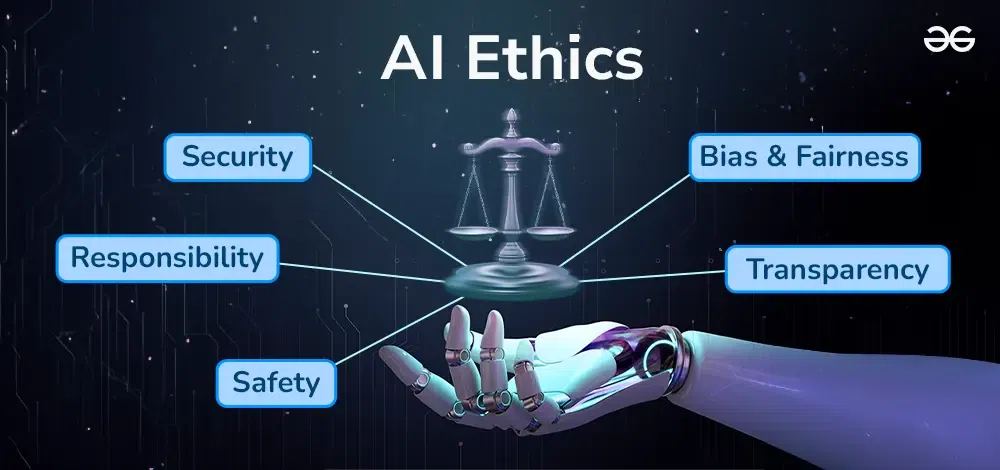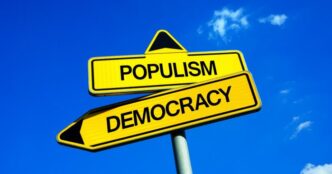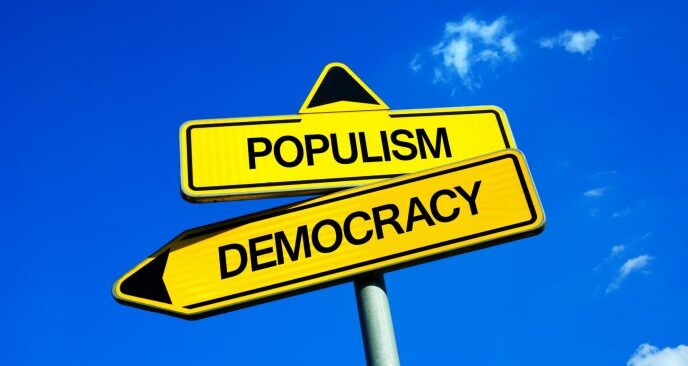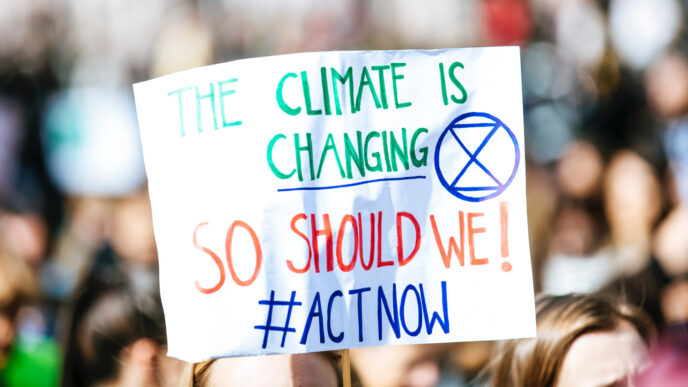Artificial Intelligence (AI) is increasingly influencing political systems, shaping campaign strategies, governance, and decision-making. While AI holds potential to enhance efficiency and transparency, it also raises significant ethical concerns and policy challenges. Here’s an exploration of how AI is transforming politics and the key issues it presents.
The Role of AI in Politics
- Campaign Strategies: AI-driven analytics help campaigns target voters through tailored advertisements and messaging based on behavioral data.
- Policy Development: AI can analyze vast datasets to provide insights into public opinion, economic trends, and social issues, aiding policymakers.
- E-Governance: Governments use AI for public services, improving efficiency in areas like welfare distribution, urban planning, and crisis management.
Ethical Concerns in AI Use
- Data Privacy: The use of personal data for political targeting raises concerns about consent and surveillance.
- Bias in Algorithms: AI systems can reinforce existing biases, leading to unfair outcomes in decision-making processes.
- Manipulation and Propaganda: Deepfakes, bots, and algorithmic content delivery can be exploited to spread misinformation or manipulate public opinion.
Challenges in Policy Development
- Transparency: The opaque nature of many AI systems makes it difficult to understand or challenge their decisions.
- Accountability: Determining who is responsible for AI-driven decisions, particularly when they lead to harmful outcomes, remains a challenge.
- Global Regulation: The lack of international standards for AI use in politics leads to inconsistencies and potential misuse.
Case Studies of AI in Politics
- Political Campaigns: AI-powered tools helped identify key voter segments and optimize campaign strategies during major elections, such as in the United States and India.
- Governance Innovations: Estonia’s e-governance model uses AI to streamline government services, offering a glimpse into the potential of AI-driven governance.
- Content Moderation: Social media platforms use AI to flag harmful or misleading political content, though effectiveness varies widely.
The Risks of AI in Political Decision-Making
- Undermining Democracy: Automated systems can prioritize efficiency over inclusivity, sidelining minority voices.
- Cybersecurity Threats: AI tools are vulnerable to hacking, potentially leading to disruptions in electoral processes or governance.
- Erosion of Trust: Excessive reliance on AI could diminish public trust in political institutions, particularly when decisions appear detached from human oversight.
Policy Recommendations for Ethical AI in Politics
- Regulating Data Use: Implementing stringent data privacy laws to ensure consent and prevent misuse of personal information.
- Promoting Algorithmic Transparency: Requiring AI systems used in political campaigns and governance to disclose their methodologies and decision-making processes.
- Establishing Accountability Frameworks: Creating clear guidelines to assign responsibility for AI-driven outcomes.
- Investing in AI Literacy: Educating policymakers and the public on the capabilities and limitations of AI to foster informed discussions.
- International Collaboration: Developing global standards for AI use in politics to ensure consistency and fairness.
The Future of AI in Politics
AI is poised to play an even greater role in politics, from automating routine administrative tasks to enhancing citizen engagement through personalized policy solutions. However, balancing innovation with ethical considerations will be critical to ensuring that AI supports democratic values rather than undermines them.
Topics: AI in Politics AI Regulation Algorithmic Bias Artificial Intelligence Ethics Cybersecurity Data Privacy Deepfakes Ethical Technology Governance Innovations Political Campaigns













